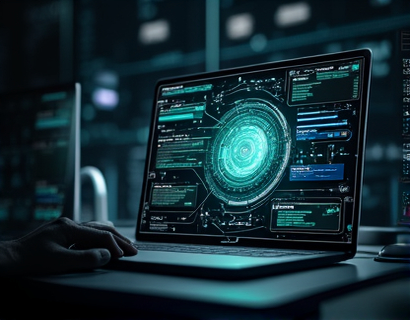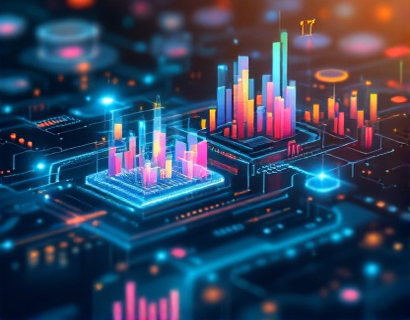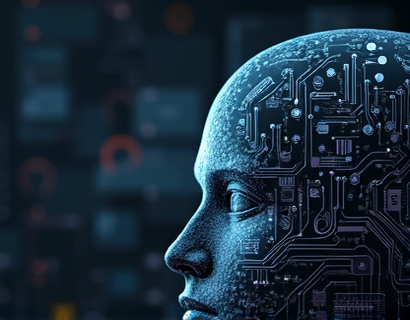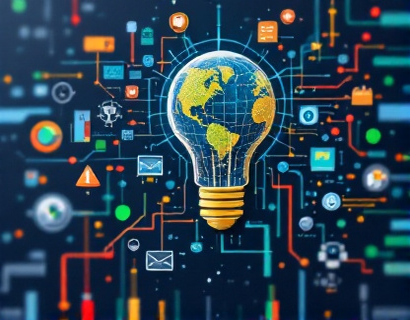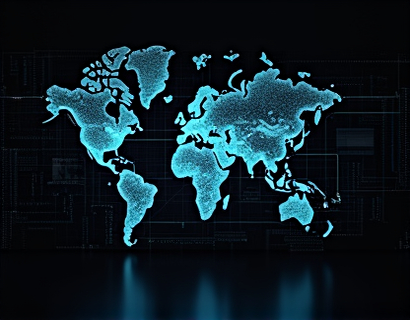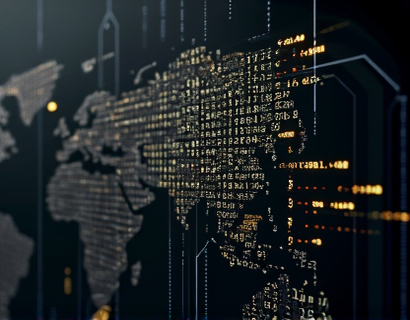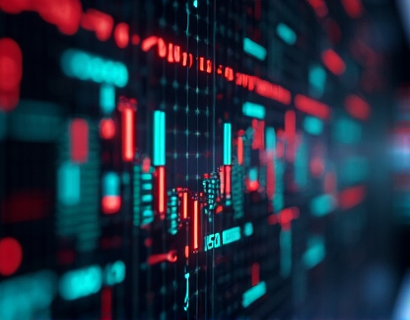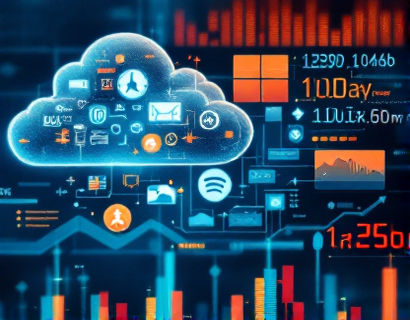Unlocking Next-Gen Productivity: The Synergy of AI and Crypto
The intersection of artificial intelligence and cryptocurrency is giving rise to transformative technologies that are redefining productivity and task management in the modern digital landscape. This article delves into how these advanced digital innovations are not only enhancing task efficiency but also paving the way for a future where seamless integration of AI and crypto powers unprecedented work capabilities.
The advent of AI has revolutionized various sectors by automating routine tasks, providing intelligent insights, and optimizing processes. When combined with the decentralized and secure nature of cryptocurrency, the potential for creating highly efficient and secure productivity tools becomes immense. This synergy is particularly appealing to tech-savvy innovators and early adopters who are eager to harness the power of these technologies to streamline their workflows.
AI-Driven Task Management
AI has significantly advanced task management systems, making them smarter, more intuitive, and highly customizable. These systems leverage machine learning algorithms to understand user behavior, predict task priorities, and automate repetitive tasks. For instance, AI can analyze a user's calendar, emails, and past task completion patterns to suggest optimal times for tackling specific tasks, thereby maximizing productivity.
Moreover, AI-powered task management tools can integrate with various applications and services, creating a unified workspace where all tasks and tools interact seamlessly. This integration reduces the need for context switching, a common productivity killer, and allows users to focus on high-value tasks. The ability of AI to learn and adapt ensures that these tools become more effective over time, continuously refining their suggestions and automations based on user feedback and behavior.
Cryptocurrency and Decentralization in Productivity
Cryptocurrency introduces a layer of decentralization and security that complements AI-driven productivity tools. By utilizing blockchain technology, these tools can ensure that data is tamper-proof and transactions are transparent and secure. This is particularly beneficial for collaborative environments where multiple parties need to access and contribute to shared task lists and project management systems.
Smart contracts, a key feature of blockchain, can automate and enforce agreements within task management workflows. For example, a smart contract can automatically release payment to a freelancer once a milestone is achieved, eliminating the need for intermediaries and reducing transaction costs. This not only speeds up processes but also builds trust among collaborators by ensuring accountability and transparency.
Enhanced Security and Privacy
One of the most significant advantages of combining AI and cryptocurrency is the enhanced security and privacy they offer. AI can detect and mitigate security threats in real-time, protecting sensitive data and ensuring that only authorized users access specific tasks and information. Cryptocurrency's inherent security features, such as encryption and decentralized consensus mechanisms, further fortify the system against cyber threats.
Privacy is another critical aspect where AI and cryptocurrency intersect. Blockchain's immutable ledger ensures that user data is not only secure but also compliant with data protection regulations. AI can anonymize data and manage user identities in a way that preserves privacy while enabling seamless integration and collaboration.
Optimized Resource Allocation
The combination of AI and cryptocurrency enables more efficient resource allocation in productivity workflows. AI algorithms can analyze resource usage patterns and predict future needs, ensuring that computational resources are used optimally. This is particularly useful in data-intensive tasks where efficient resource management can lead to significant cost savings and performance improvements.
Cryptocurrency can facilitate micropayments for resource usage, allowing for a more granular and fair allocation of resources. For instance, cloud computing services can be paid for in cryptocurrency, with payments adjusted in real-time based on actual usage. This model not only optimizes costs but also incentivizes providers to maintain high performance and reliability.
Incentivization and Gamification
AI and cryptocurrency can also be used to incentivize and gamify productivity tasks. By integrating token-based reward systems, these tools can motivate users to complete tasks more efficiently and effectively. Tokens can be earned for completing tasks, contributing to team goals, or achieving milestones, and can be redeemed for various rewards or used within the ecosystem to access premium features.
Gamification elements, powered by AI, can make the task management process more engaging and enjoyable. For example, AI can create personalized challenges and leaderboards, fostering a sense of competition and collaboration among team members. This not only boosts motivation but also enhances team cohesion and productivity.
Scalability and Flexibility
The scalability and flexibility offered by AI and cryptocurrency make them ideal for global and dynamic work environments. AI-driven tools can scale seamlessly to accommodate growing teams and increasing workloads without compromising performance. The decentralized nature of cryptocurrency ensures that these tools are accessible from anywhere in the world, breaking down geographical barriers and enabling remote collaboration on a global scale.
Moreover, the flexibility of blockchain-based systems allows for easy integration with existing workflows and third-party applications. This interoperability ensures that productivity tools can evolve alongside business needs, providing a robust and adaptable solution for modern workplaces.
Future Prospects
As AI and cryptocurrency technologies continue to mature, the potential for innovation in productivity and task management is vast. Future developments may include more sophisticated AI models that can predict and proactively manage tasks, as well as more widespread adoption of blockchain for secure and efficient data management.
The integration of other emerging technologies, such as the Internet of Things (IoT) and augmented reality (AR), with AI and cryptocurrency could lead to even more transformative productivity solutions. For instance, IoT devices can provide real-time data to AI systems, which can then offer actionable insights and automate tasks based on environmental and operational conditions. AR can enhance the user interface of productivity tools, making them more intuitive and interactive.
In conclusion, the convergence of AI and cryptocurrency is unlocking new dimensions of productivity and task management. By leveraging the strengths of both technologies, we can expect to see more efficient, secure, and user-friendly tools that redefine how we work and collaborate in the digital age.









